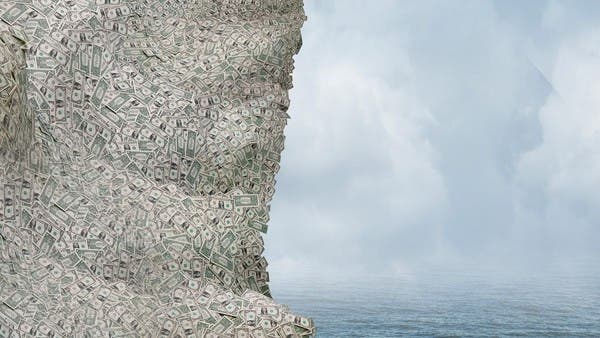
[ad_1]
Luxembourg doesn’t matter to many, but the survey titled “OpenLux” shows how this secret little European country has attracted more wealth than Japan’s GDP.
Thanks to favorable tax structures and opaque land registers, Luxembourg has attracted 4.5 trillion euros ($ 5.4 trillion) of investment funds to the country. But with that comes a great risk of money laundering: up to 80% of these mutual funds have not declared their beneficial owners.
An analysis of the OpenLux database by Transparency International revealed “significant gaps” between the specific beneficial owners of mutual funds. From what was reported by Forbes and seen by Al-Arabiya.net.
By law, these owners must be registered with the Luxembourg authorities, and when doing business in the United States, they must be registered with the Securities and Exchange Commission. However, 15% “provided conflicting information”.
The FBI is concerned about the widespread use of investment funds to launder money, according to an internal circular leaked in May of last year. She added that the lack of controls to fight money laundering had allowed criminals “to integrate illicit proceeds into the legitimate global financial system”.
Luxembourg is home to 16,777 investment funds, ranging from venture capital to asset management and hedge funds, which manage $ 5.4 trillion among themselves.
The billionaire capital of Europe
French newspaper Le Monde, which created the OpenLux database, said the total number of foreign wealth in Luxembourg was around $ 7.2 trillion.
The French newspaper has identified a fortune of 266 billionaires in Luxembourg, almost more than the total number of billionaires living in the European Union.
They include politicians, royals, and celebrities such as Tiger Woods, Shakira, Angelina Jolie, and Brad Pitt.
Most of them own shell companies in Luxembourg with which they own real estate, private jets, yachts or other investments. This practice is completely legal and has the additional advantage of freedom of action and reduced income tax.
Luxembourg passed a law in 2019 requiring companies to publish the names of their owners after pressure from the European Union. But this data is not readily available and difficult to search, which led Le Monde, OCCRP and 16 other media to create the OpenLux database.
In a statement in response to OpenLux’s findings, the government said the country is in full compliance with the European Union and applicable international laws. “Neither the European Union nor the Organization for Economic Cooperation and Development has identified harmful tax practices in Luxembourg,” she said.
Life in the Grand Duchy
For a country of around 600,000 inhabitants whose existence Napoleon doubted, the Grand Duchy, as it is officially called, attracts a lot of attention.
Luxembourg denies being a tax haven. “Luxembourg does not provide an appropriate tax system for multinational companies, nor for digital companies, which must follow the same rules and laws as any other company in Luxembourg,” the government said in a statement.
However, there is now so much financial activity in Luxembourg that half of the workers in the Grand Duchy are foreigners, many of them having to relocate to work from neighboring France, Germany or Belgium.
The world’s super-rich increased their wealth by 20% in 2017
Le Monde newspaper said nearly 15,000 wealthy French residents own businesses in Luxembourg with a total value of at least $ 121 billion, or 4% of France’s GDP.
Source link